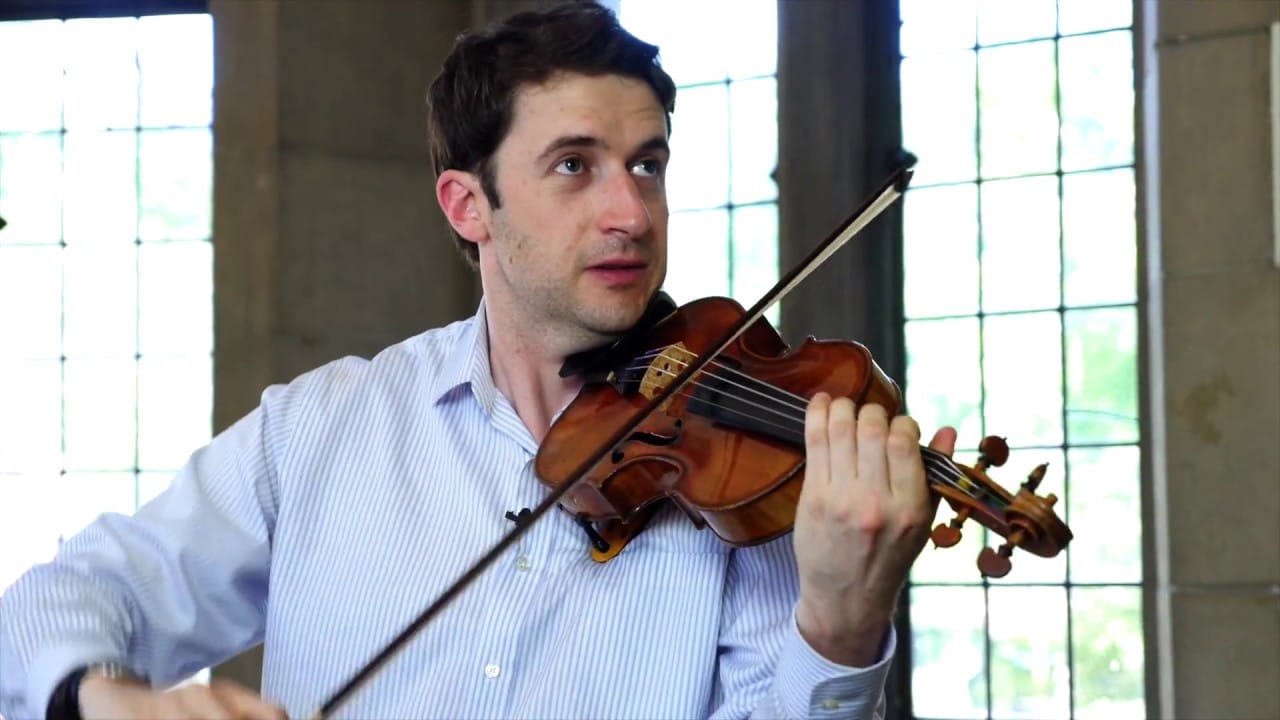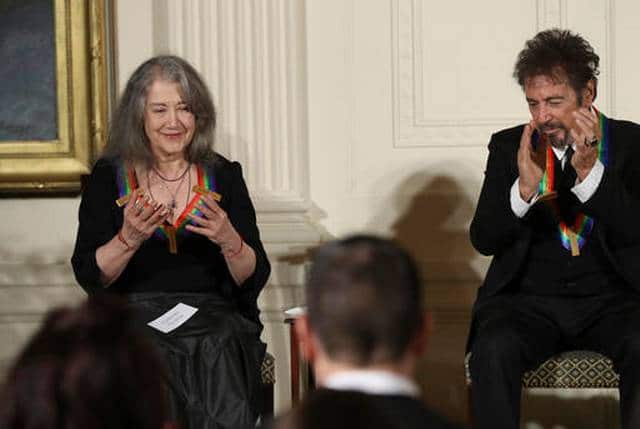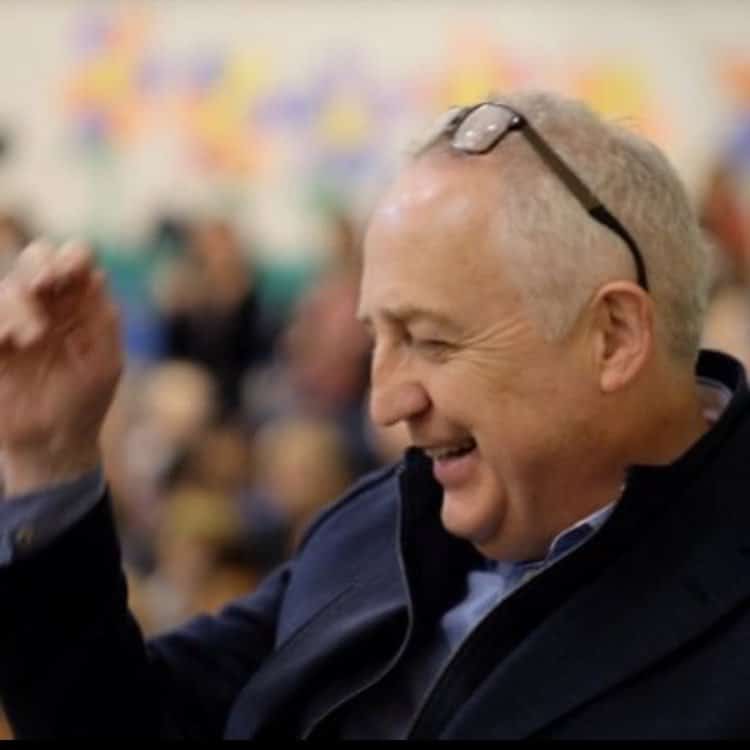At £6 a seat, why don’t UK students go to orchestral concerts?
NewsMarino Tomita in Edinburgh has some thoughts:
Classical music as a genre has long been associated with the notion of elitism and ‘posh’ culture in the UK. In a 2019 social survey (‘Taking part: The National Survey of Culture, Leisure and Sport 2019-2020’), it was found that respondents who were in the highest category of social class (based on the NS-SEC classification. Based largely on one’s occupation, the highest classification is ‘higher managerial and professional occupations’.) were almost 10 percent more likely to attend live classical events, including symphonies, operas, and ballet performances.
If not ticket prices, what is stopping the crowds of live classical music events from diversifying?
Read on here.






Comments